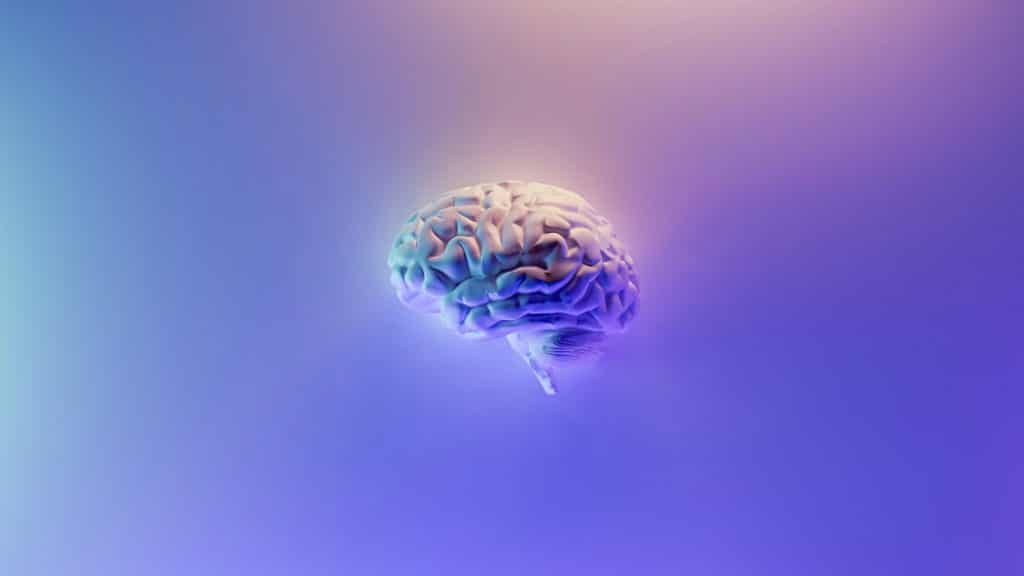According to Mental Health America, major depression is one of the most common mental illnesses in the U.S., affecting more than 21 million adults, or over 8% of the population, each year. For individuals suffering from depression, the mental and emotional toll can be significant and impact every area of their life, including their work and personal relationships.
Many people feel compelled to search for solutions beyond prescription medication which for some, offer limited relief or unwanted side effects. As a result, many alternative therapies for depression have emerged in recent times, offering people with depression hope for a happier, healthier and more fulfilling future. In this article, we will explore some of these alternative therapies, shedding light on new ways to approach depression that may have previously been unknown.
TMS Therapy (Transcranial Magnetic Stimulation)
TMS is a non-invasive treatment for depression that utilizes magnetic waves to stimulate the nerve cells in the brain. During a TMS session, patients remain awake while receiving magnetic pulses to certain areas of the brain that are responsible for their depression. These gentle pulses do not cause pain and there is also no need for sedation.
TMS therapy is proving to be an effective form of treatment for people suffering from depression, especially those who have failed to find relief from conventional routes. According to Harvard Health, up to 60% of people suffering from depression who have failed to receive benefits from medications experience a clinically meaningful response from this therapy.
Magnetic e-resonance Therapy (MeRT)
MeRT is a non-invasive neurotherapy that uses gentle magnetic pulses to stimulate neural activity in the brain and rewire these pathways. This painless treatment analyzes communication between neurons, identifying areas of the brain that are not functioning properly. Customized treatment plans are then designed to optimize a patient’s brain function without the need for medication.
This relatively new type of magnetic brain stimulation is showing great promise for depression sufferers as highlighted by a study conducted at the Stanford University School of Medicine where approximately 80% of participants suffering from chronic depression reported rapid remission of their symptoms.
Each MeRT treatment takes around 40 minutes, and as there is no downtime required, patients can safely resume their normal daily activities afterward.
Ketamine-Assisted Therapy
Ketamine-assisted therapy is another FDA-approved form of treatment for depression. This dissociative anesthetic works by increasing levels of brain-derived neurotrophic factor (BDNF) which helps promote neuroplasticity and supports the brain’s ability to heal.
Ketamine also blocks N-Methyl-D-Aspartate (NMDA) receptors in the brain which have been shown to increase the number of neurons and synaptic connections within it. As a result of this neural activity, people suffering from depression have reported improvements in their mood and cognition within less than an hour.
By targeting different parts of the brain than conventional antidepressants, ketamine has proven particularly effective for patients who have failed to receive relief from standard antidepressants.
By exploring alternative therapies for depression, those suffering from this mental health condition can discover new avenues for healing and relief, helping them improve their overall wellbeing and quality of life.
